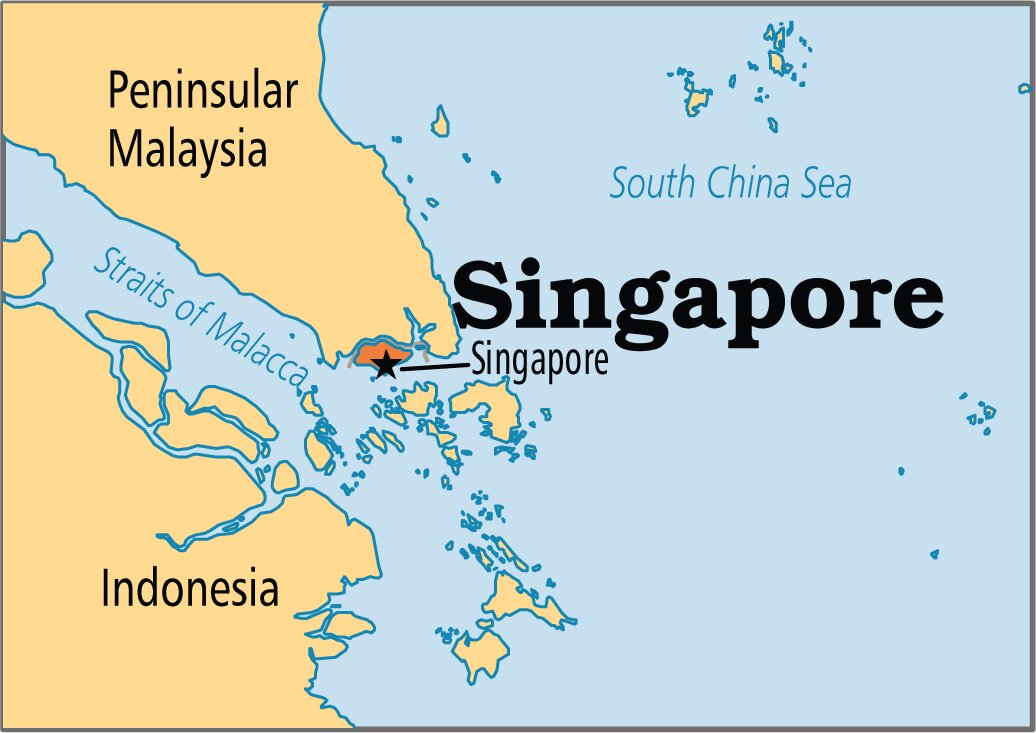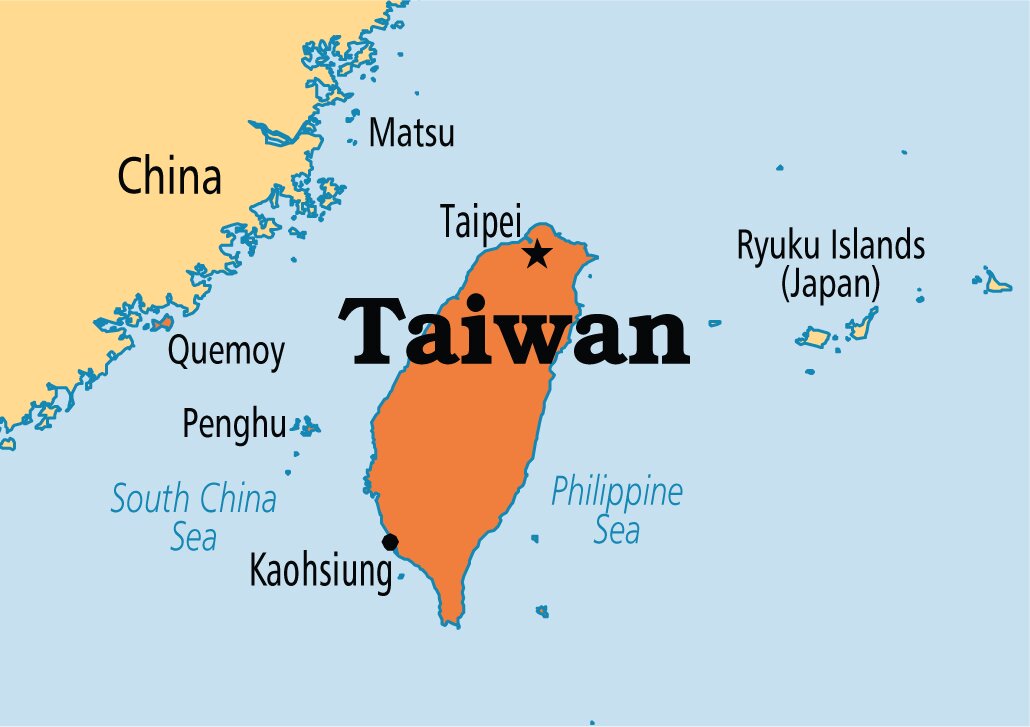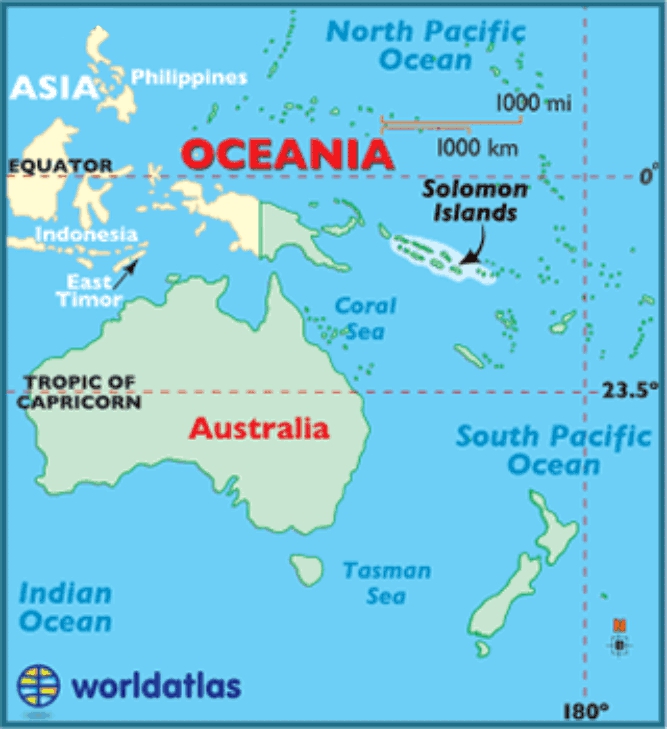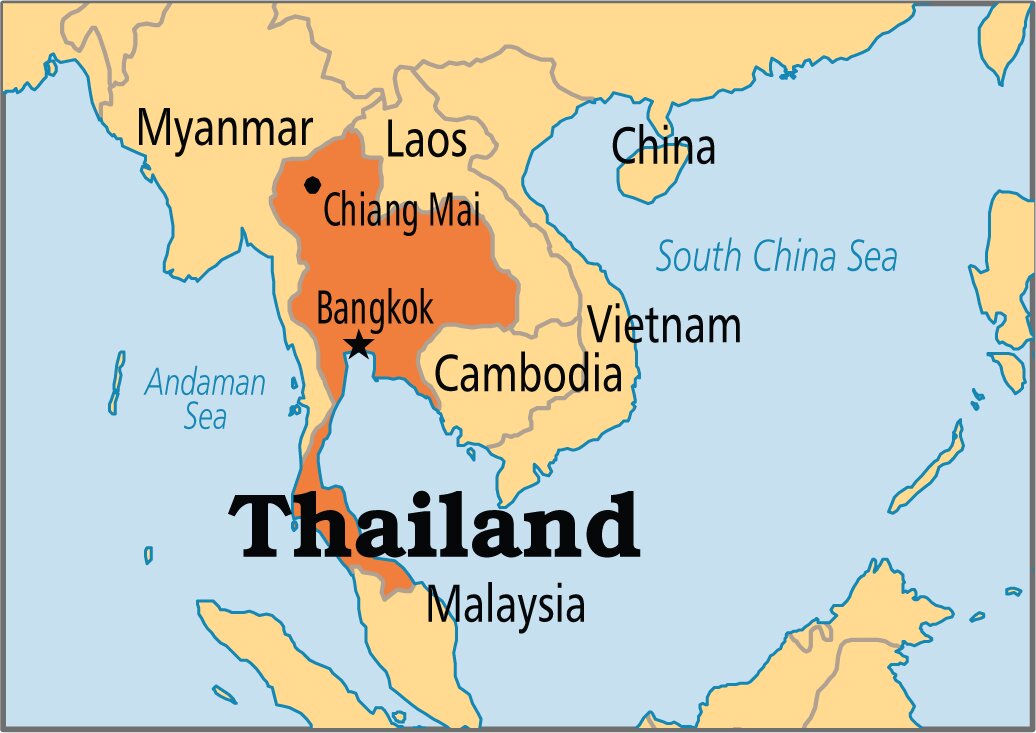Indian Polity
J&K Public Safety Act
The former Jammu and Kashmir Chief Minister Farooq Abdullah has been detained under the state’s Public Safety Act (PSA).
Public Safety Act
- Preventive Detention Law: Under Jammu & Kashmir Public Safety Act, 1978, a person is taken into custody to prevent him or her from acting in any manner that is prejudicial to the security of the state or the maintenance of public order.
- Period of Detention: Up to 2 years.
- Enforcement: Detention order is passed either by Divisional Commissioner or the District Magistrate.
- Challenging the Detention: The only way the administrative preventive detention order can be challenged is through a habeas corpus petition filed by relatives of the detained person.
- The High Court and the Supreme Court have jurisdiction to hear such petitions and pass a final order seeking quashing of the PSA.
- However, if the order is quashed, there is no bar on the government passing another detention order under the PSA and detaining the person again.
- There can be no prosecution or any legal proceeding against the official who has passed the order.
Habeas Corpus
- It is a Latin term which literally means ‘to have the body of’.
- This writ is a bulwark of individual liberty against arbitrary detention.
- The writ of habeas corpus can be issued against both public authorities as well as private individuals.
- The writ, on the other hand, is not issued where the:
- detention is lawful,
- the proceeding is for contempt of a legislature or a court,
- detention is by a competent court, and
- detention is outside the jurisdiction of the court.
- The similarity to the National Security Act (NSA) that is used by other state governments for preventive detention.
- The NSA empowers the Centre or a State government to detain a person to prevent him from acting in any manner prejudicial to national security.
- The government can also detain a person to prevent him from disrupting public order or for maintenance of supplies and services essential to the community.
- The maximum period for which one may be detained is 12 months. But the term can be extended if the government finds fresh evidence.
Preventive Detention and Constitutional Provisions
- Preventive detention involves the detainment (confinement) of a person in order to keep them from committing future crimes and/or from escaping future prosecution.
- It is different from ‘being arrested’. 'Arrest' is done when a person is charged with a crime but the same is not the case for preventive detention.
- Punitive detention is punishment for illegal acts done.
- Article 22(1) of the Constitution states that no person who is arrested shall be denied the right to consult, and to be defended by, a legal practitioner of his choice.
- However, under Preventive Detention Laws like the PSA, the detained person does not have the right to move a bail application before a criminal court, and cannot engage any lawyer to represent him or her before the detaining authority.
- When a person is arrested he/she has to be produced before a magistrate within the next 24 hours. However, in the case of 'preventive detention', a person can be detained for three months.
- Article 22(2) states that every person arrested and detained shall be produced before the nearest magistrate within a period of 24 hours (excluding the time necessary for the journey from the place of arrest to the court) and no such person shall be detained beyond this period without the authority of a magistrate.
- Article 22(3)(b) allows for preventive detention and restriction on personal liberty for reasons of state security and public order.
- Article 22(4) states that no law providing for preventive detention shall authorise the detention of a person for a longer period than three months unless:
- an Advisory Board reports sufficient cause for extended detention.
- Such a person is detained in accordance with the provisions of any law made by the Parliament.
Note: The 44th Amendment Act of 1978 has reduced the period of detention without obtaining the opinion of an advisory board from three to two months. However, this provision has not yet been brought into force, hence, the original period of three months still continues.
- Controversies
- No democratic country in the world has made preventive detention as an integral part of the Constitution as has been done in India.
- The governments sometimes use such laws in an extra-judicial power. Also, there remains a fear of arbitrary detentions.
- However, the Supreme Court has held that in order to prevent misuse of this potentially dangerous power, the law of preventive detention has to be strictly construed and meticulous compliance with the procedural safeguards, is mandatory and vital.
Biodiversity & Environment
Uranium Mining in Nallamala Forest
Recently Union Ministry of Environment, Forest and Climate Change has granted in-principle approval to the Department of Atomic Energy to survey and explore for uranium in 83 sq km of the Nallamala Forest Reserve.
- The Telangana State Legislative Assembly unanimously passed a resolution requesting the Central government not to permit uranium mining operations in Amrabad Tiger Reserve part of Nallamala forests and other areas of Telangana.
Background
- About 63 organizations, including political parties, several environment activists have come together to form the ‘Struggle Committee against Uranium Mining’
- This committee aims to strengthen and take forward the campaign ‘Save Nallamalla Forest’ to stop mining in the tiger reserve.
- Uranium Mining in these areas also threatens the survival and livelihoods of Chenchu tribals, who live in the Amrabad forests.
Legal Framework For Uranium Mining
- In pursuance to entry at serial No. 54 of List I, the Parliament has passed ‘The Mines & Minerals (Development and Regulation) Act, 1957’. However, with respect to minor minerals, the rulemaking powers have been delegated to the States through this act.
- Since Uranium is a major mineral, it is managed by the Union Government under provisions of Mines and Minerals (Development and Regulation) Act, 1957.
- The policy and legislation relating to Major minerals are managed by the Ministry of Mines But Uranium being an atomic mineral is managed by the Department of Atomic Energy (DAE).
- Many of these mineral deposits are found in rich forest reserves and thus approval of Union Ministry of Environment, Forest and Climate Change becomes necessary.
Uranium Mining In India
- In India, Uranium deposits occur in the Dharwar rocks.
- It occurs along the Singbhum Copper belt (Jharkhand); Udaipur, Alwar and Jhunjhunu districts of Rajasthan, Durg district of Chhattisgarh, Bhandara district of Maharashtra and Kullu district of Himachal Pradesh.
- Significant quantity of reserves were recently discovered in parts of Andhra Pradesh and Telangana between Seshachalam forest and Sresailam (Southern edge of Andhra to Southern edge of Telangana).
- Uranium is used as a fuel for nuclear power reactors for electricity generation, in the manufacture of radioisotopes for medical applications and in nuclear science research.
Impacts of Uranium Mining
- Drilling of 4,000 deep holes will end up destroying the Amrabad Tiger Reserve which is home to a vast variety of wildlife.
- The exploration will expose and pollute surface water, groundwater and leech minerals, and dangerous chemicals into the Nagarjunasagar Dam.
- Construction of roads will fragment and degrade the dry forests, which may never recover after such a massive exercise.
- Rare, endangered and unique species of flora and fauna and overall biodiversity will be destroyed.
- Radiations from these mines will cause harm to the lives of people who live around them, which has been observed in Jharkhand’s Jaduguda.
Nallamala Forest Reserve
- Nallamala Forest Reserve is located in Nallamala Ranges of the Eastern Ghats.
- A part of the forest reserve belongs to the Nagarjunsagar-Srisailam Tiger Reserve which is the largest Tiger Reserve in India.
- Amrabad Tiger Reserve also lies in the Nallamala hills.
Chenchu Tribe
- The Chenchus are Scheduled Tribe in the Indian states of Andhra Pradesh, Telangana, Karnataka, and Odisha. But many Chenchus live in the dense Nallamala forest of Andhra Pradesh.
- They are an aboriginal tribe whose traditional way of life has been based on hunting and gathering.
- The Chenchus speak the Chenchu language, a member of the Dravidian language family.
- Chenchu's relationship with non-tribal people has been largely symbiotic.
Indian Economy
Certificates of Origin
Recently the Ministry of Commerce & Industry launched a common digital platform for the issuance of electronic Certificates of Origin (CoO).
- A Certificate of Origin is an instrument which establishes evidence on the origin of goods imported into any country.
- These certificates are essential for exporters to prove where their goods come from and therefore stake their claim to whatever benefits goods of Indian origin may be eligible for in the country of exports.
- The platform has been designed and developed by the Director-General of Foreign Trade (DGFT) and Regional & Multilateral Trade Relations (RMTR) Division, Department of Commerce, Ministry of Commerce and Industry.
- This platform will act as a single access point for all exporters, all Free Trade Agreements (FTAs)/Preferential Trade Agreements (PTAs), and all concerned agencies.
- The platform also provides administrative access to the Department of Commerce for reporting and monitoring purposes.
- Authorities of partner countries will now be able to verify the authenticity of certificates from the website.
- Benefits of this new platform over the existing procedure are:
| New Platform | Existing Process |
| The issuance process is electronic, paperless and transparent. | The current process requires the exporter to visit the agency thrice for each certificate. |
| Real-time tracking of FTA utilization at the product level & country-level. | Real-time tracking is not possible as data is fragmented across various agencies. |
| Electronic Certificate of Origin is issued. | Physical Certificates of Origin are currently issued by the concerned authorities manually. |
| It is possible now to electronically exchange CoO with the partner countries. | The electronic exchange of CoO is not possible. |
| Reduces transaction costs and time for the exporters. | The current process takes more time and is costly. |
Important Facts For Prelims
Solomon Islands and Taiwan
The Solomon Islands’ government has cut official ties with Taiwan and is switching diplomatic allegiance to China.
- This is line with ‘One China’ principle.
- Now only 16 countries worldwide continue to recognise Taiwan as an independent state. India is not among the sixteen countries.
- With a population of 660,000, the Solomon Islands were easily Taiwan’s largest remaining ally in the Pacific. Its economy relies on agriculture, fishing and forestry, and the country has a wealth of undeveloped mineral resources.
- The Solomon Islands are located directly between Australia and the U.S. and was the site of fierce battles during World War II.
- Its capital is Honiara.
Important Facts For Prelims
SITMEX
The inaugural trilateral exercise, involving the Indian Navy (IN), the Republic of Singapore Navy (RSN), and the Royal Thailand Navy (RTN), recently commenced at Port Blair, Andaman and Nicobar.
- SITMEX-2019 is five days long exercise.

- The exercise includes two phases:
- The harbour phase wherein professional exchanges, sports fixtures, and cross-deck familiarization visits would be organized.
- During the sea phase, a host of surface and air operations involving gunnery, force protection measures, and communication drills, would be conducted for experience gaining and learning each other's best practices.
- From the Indian side, Indian Naval Ships
- It is aimed at strengthening the maritime inter-relationship (in terms of interoperability) amongst Singapore, Thailand, and India, and significantly contributes to enhancing the overall maritime security in the region.
- Besides reinforcing the co-operation, the maiden IN-RSN-RTN Trilateral exercise would provide an opportunity to participating navies to come together in a spirit of collaboration to nurture stronger ties.
- The Indian Army and Royal Thailand Army (RTA) joint Military Exercise MAITREE-2019 is being held in Meghalaya from Sept 16-29, 2019.
- SIMBEX is the annual Maritime Bilateral Exercise between India and Singapore.
Important Facts For Prelims
Steel Import Monitoring System
Recently, the Ministry of Commerce & Industry has launched the Steel Import Monitoring System (SIMS).
- This was launched in the background of India becoming a favourite dumping ground for steelmakers from not just China but also from Japan and South Korea, which threatened the domestic steel industry of the country.
- SIMS will provide advance information about steel imports to various stakeholders including producers and importers
- Importers of specified steel products will register in advance on the web portal of SIMS providing the necessary information.
- The information about the steel imports provided by importers on the SIMS will be monitored by the Steel Ministry.







